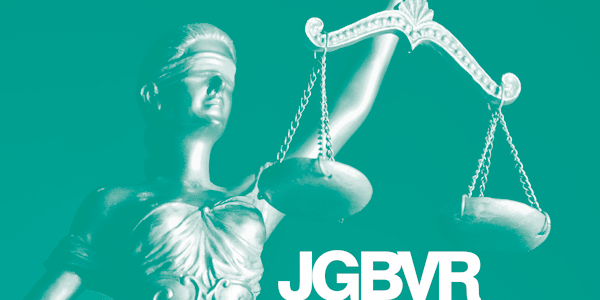
Child Sexual Abuse
Child sexual abuse includes the involvement of a child in sexual activity that he or she does not fully comprehend, is unable to give informed consent to, or for which the child is not developmentally prepared, or that violates the laws or social taboos of society. Children can be sexually abused by adults or by other children who are— by virtue of their age or stage of development— in a position of responsibility, trust, or power over the victim. Sexual abuse commonly is seen to include activities such as fondling a child's genitals, penetration, incest, rape, sodomy, indecent exposure (exposing an adult’s genitals to a child), and exploitation through prostitution or the production of pornographic materials. CSA may also include non-contact activities, such as involving children in looking at, or in the production of, sexual images; watching sexual activities; encouraging children to behave in sexually inappropriate ways; or grooming a child in preparation for abuse (including via the Internet).
A significant cultural issue that has made its way to the forefront of international debate on CSA is female genital mutilation (FGM). FGM is a common practice in parts of Africa, Asia, and the Middle East. Estimates indicate that 140 million girls and women are living with the consequences of female genital mutilation and 3 million girls under the age of 15 are at risk for FGM annually. FGM procedures involve partial or total removal of the external female genitalia or other injury to the female genital organs for non-medical reasons. Such procedures result in both immediate and long- term adverse medical consequences including infection and serious medical complications. Internationally, FGM is recognized as abuse and a violation of human rights for girls and women. In addition, child marriage which facilitates the sexual contact of an adult with a child—the child bride— may also be considered child sexual abuse. Williams, L.M. & Weeks, E. (2014)
There are considerable long-term health costs are associated with child sexual abuse. Maltreated children are more likely to require mental health services, disproportionately likely to experience homelessness, and are more likely to engage in delinquent behavior.
The JGBVR initiative conducts collaborative research designed to understand the nature and extent of child sexual abuse; its short and long-term consequences; the responses of the community, helping professions and justice system to CSA; and the impact of laws, policies and interventions on child sexual abuse in the U.S. and globally. Researcher and practitioner collaborations are a central focus of this initiative as is incorporating the voices of survivors into the research. The JGBVR initiative facilitates the participation of service providers in the interpretation of results and takes responsibility for integrating findings into policy and planning next steps for research or practice.
Projects
- The prosecution of child sexual abuse: A partnership to improve outcomes
- Pathways into and out of Commercial Sexual Victimization of Children: A Life Course Perspective
- Adult memories and Consequences of Child Sexual Abuse
- Recovery from Sexual Abuse: A Longitudinal Study 1973-1990


